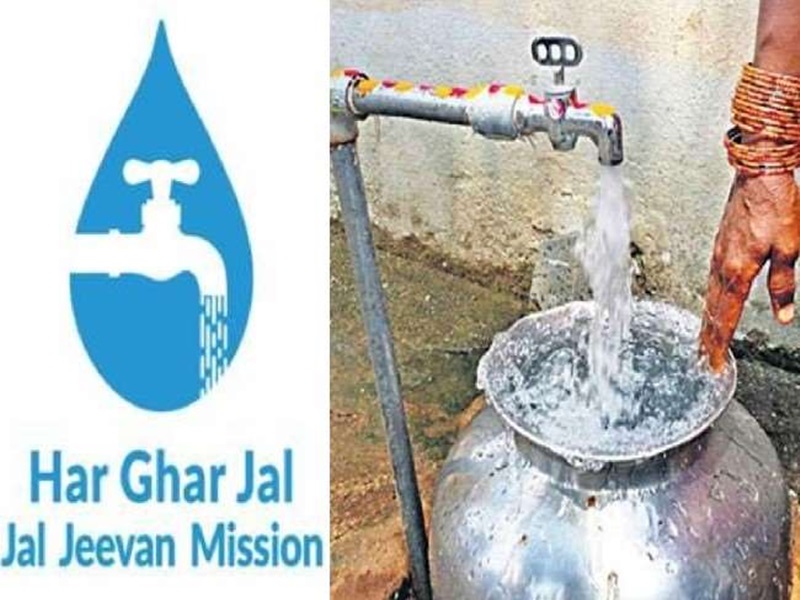A basic human right is the availability of clean water; however, millions of people in rural India have been denied this essential resource for many years.
In response to this urgent need, the Indian government started the Jal Jeevan Mission (JJM) to ensure that every rural household has access to drinkable water by 2024. The lives of millions of people in rural India have changed as a result of this project.
➢ Improving Health and Sanitation
The Government of India launched the Jal Jeevan Mission, which aims to focus on rural India through “Har Ghar Jal.” The Jal Jeevan Mission is benefiting rural India through its impact on health and sanitation.
JJM has significantly decreased the frequency of waterborne infections by granting access to clean water and enhancing the general health and well-being of rural communities.
➢ Empowering Women and Girls
The Jal Jeevan Mission plays a leading role in empowering women and girls. Its newfound accessibility allows them to pursue education, engage in income-generating activities, and contribute more meaningfully to their communities’ development.
The task of fetching water is disproportionately assigned to women and girls in many rural homes. Not only can long journeys to far-off water sources waste crucial time, but they also expose them to a variety of risks.
➢ Boosting Agricultural Productivity
Access to water is crucial for agricultural productivity, as agriculture is the backbone of rural India. “Har Ghar Jal“ has made it easier to build irrigation systems and water storage buildings in rural regions, as well as to create water supply infrastructure.
Additionally, access to clean water has paved the way for diversification into high-value crops, further enhancing rural incomes.
➢ Fostering Economic Development
Access to clean water is not only essential for household consumption and agriculture but also for various livelihood activities.
The Jal Jeevan Mission has also worked on economic development in rural areas by providing water for small-scale industries, livestock rearing, and other income-generating ventures.
➢ Promoting Sustainable Development
The Jal Jeevan Mission is not only working to provide access to clean water in rural areas but also to promote sustainable development, ensuring its sustainability for future generations.
Building capacity and involving the community are key components of the mission. Long-term water availability is protected by JJM’s promotion of sustainable water management methods in rural communities, such as rainwater harvesting and groundwater recharging.
Conclusion
The jal jeevan Mission stands as a testament to the Indian government’s dedication to improving the lives of rural populations through access to clean water.
By addressing health concerns, empowering women, boosting agriculture, fostering economic development, and promoting sustainable practices, jal jeevan is not only benefiting rural India today but also laying the foundation for a brighter and more prosperous future.
As the mission continues to make strides towards its goal of universal water access, its transformative impact on rural India will only continue to grow










